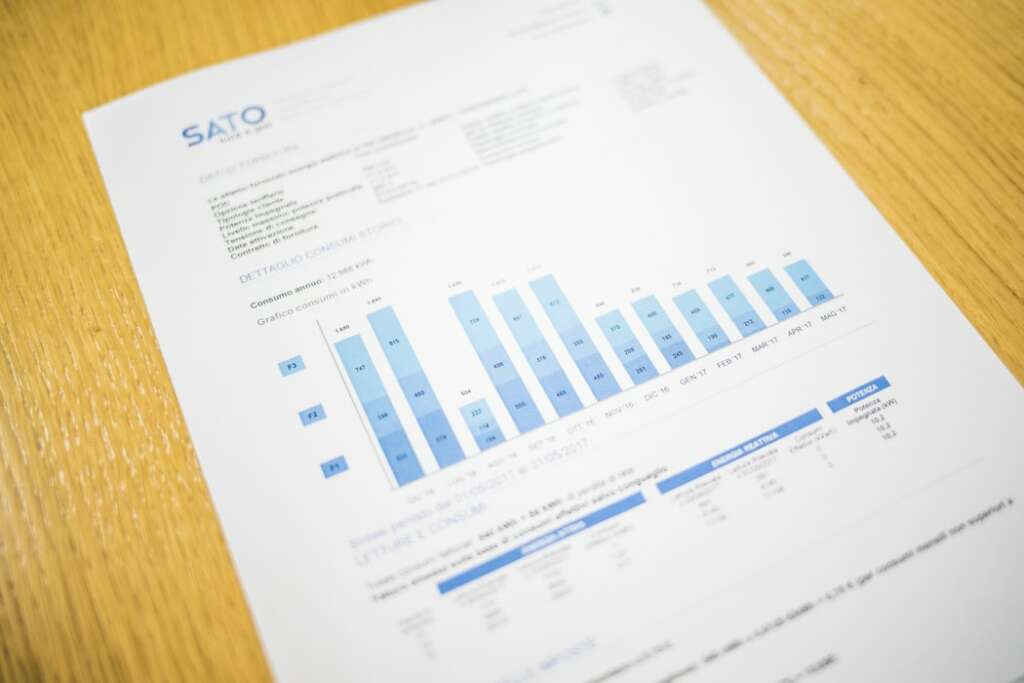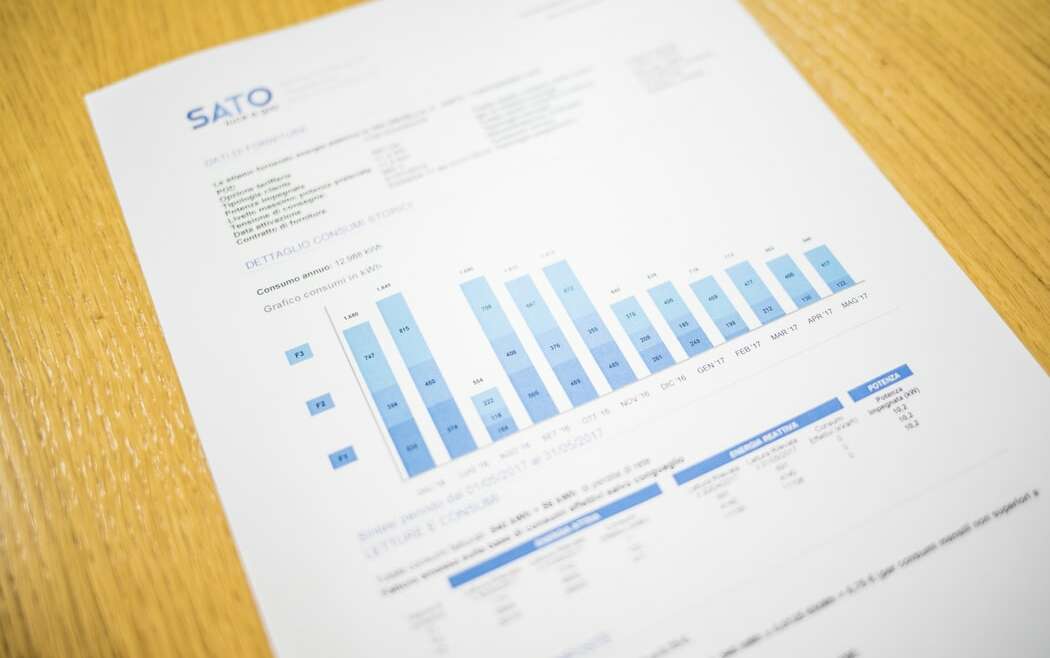
Treasury Laws Amendment (A Tax Plan for the COVID-19 Economic Recovery) Bill 2020 has now passed without amendments after it was introduced in Parliament on Wednesday.
The bill contains five tax measures that were announced in Tuesday’s federal budget.
Backdated income tax cuts
The passage will mean the stage 2 personal income tax cuts will now be brought forward and backdated to 1 July this year.
The ATO has since clarified that it will not adjust withholding schedules to account for any over-withheld amounts from the start of the current financial year to the date of the budget announcement.
Instead, these over-withheld amounts will be included in a taxpayer’s tax assessment at the end of the income year.
Instant asset write-off
The $26.7 billion measure to allow any business with an aggregated turnover of less than $5 billion immediately deduct the full cost of eligible depreciable assets of any value is also contained in the bill.
Small and medium-sized businesses with an annual turnover of less than $50 million will also be able to fully expense second-hand assets.
Loss carry-back
The omnibus tax bill also contains the temporary loss carry-back provisions that will allow businesses to carry back tax losses from the 2019–20, 2020–21 or 2021–22 income years to offset against tax paid in a previous income year as far back as the 2018–19 income year.
The tax refund will be limited by requiring that the amount carried back is not more than the earlier taxed profits and that the carry-back does not generate a franking account deficit.
Eligibility for the loss carry-back includes a requirement for the business to have lodged an income tax return for the current year and each of the five years immediately preceding it. There will be a carveout for entities that are not required to lodge a return for a year, such as when the entity did not exist in that year.
Small business concessions expansion
Entities with a turnover of less than $50 million will also now be able to access 10 small business tax concessions.
From 1 July this year, eligible entities will be able to access an immediate deduction for certain prepaid expenses and an immediate deduction for certain start-up expenses.
From 1 April 2021, they will have access to a fringe benefits tax exemption in relation to small business car parking and a fringe benefits tax exemption in relation to the provision of multiple work-related portable electronic devices.
From 1 July 2021, these entities will have access to a simplified accounting method for the purposes of GST the ability to defer excise-equivalent customs duty to a monthly reporting cycle; the ability to defer excise duty to a monthly reporting cycle; a two-year amendment period in respect of amendments to income tax assessments; the simplified trading stock rules; and the ability to pay PAYG instalments based on GDP-adjusted notional tax.
R&D tax incentive
Current legislation seeking to make contentious changes to the R&D tax incentive will now be further amended.
For companies with a turnover of less than $20 million, there will be no cap on the amount of refundable R&D tax offset a company can claim.
The refundable R&D tax offset for small companies will also be set at 18.5 percentage points above the claimant’s company tax rate, up from 13.5 per cent from the current bill.
Larger companies with an annual turnover of $20 million or more will face a simplified two-tier intensity approach.
Written by: Jotham Lian – Accountantsdaily.


Leave a reply